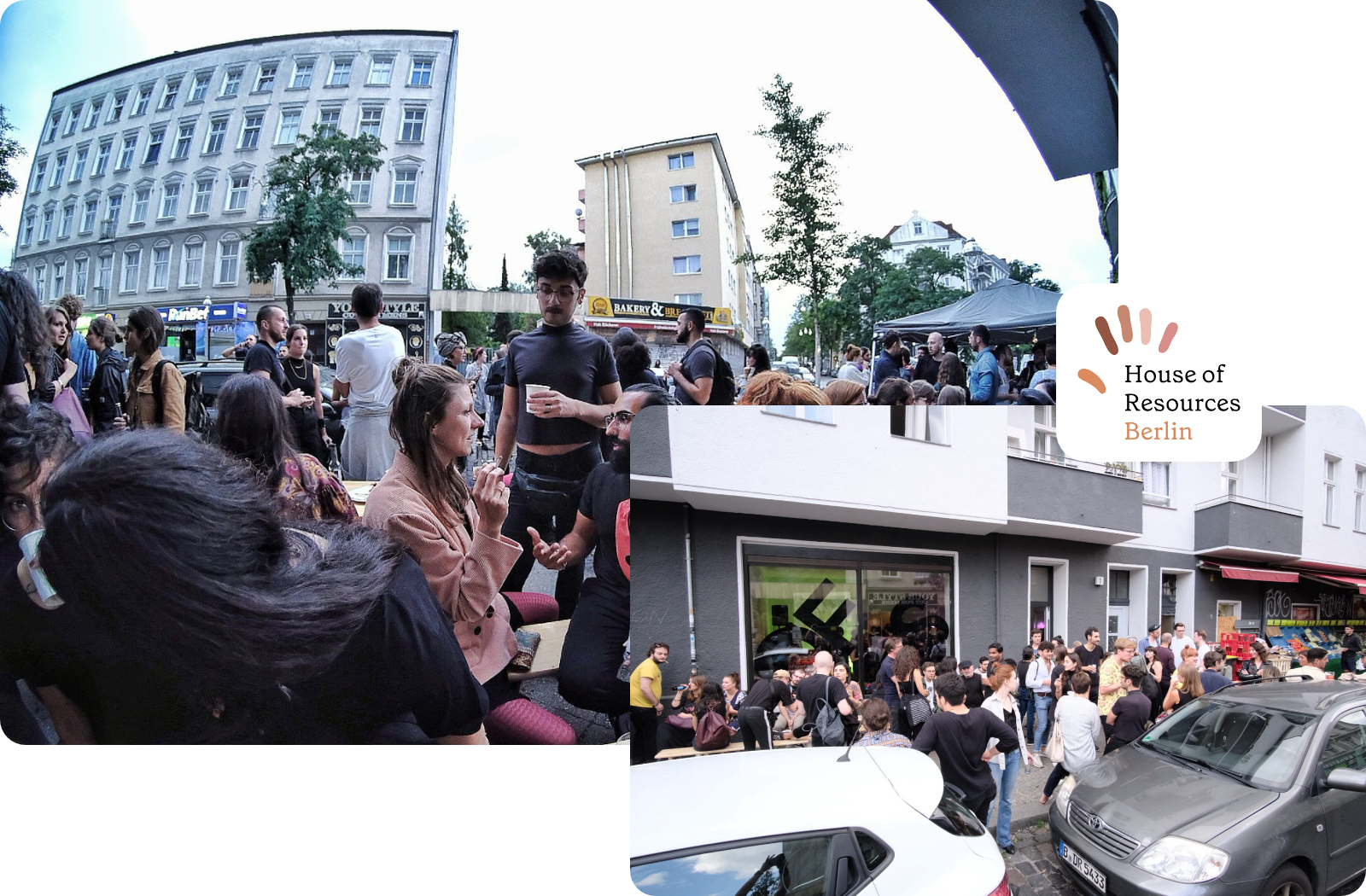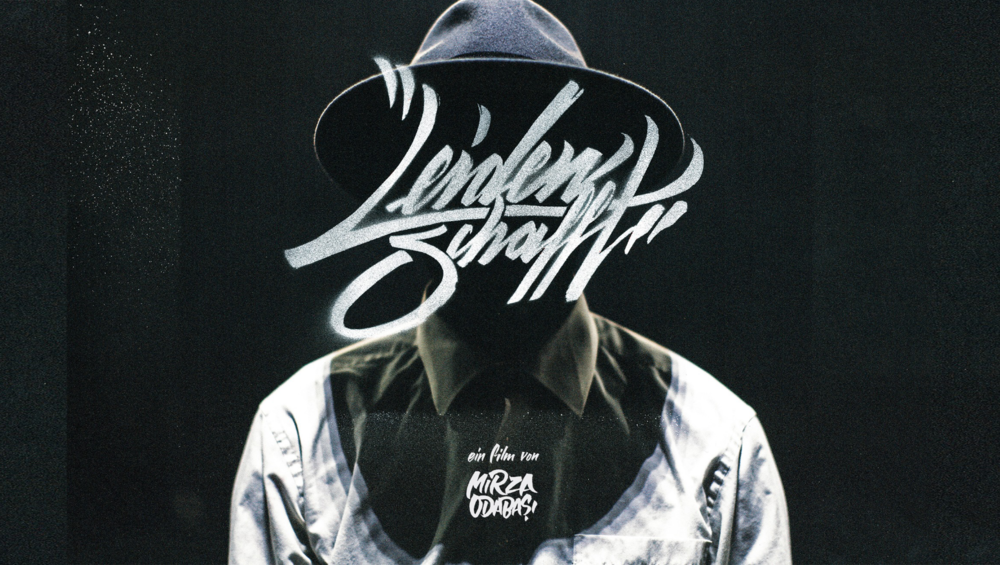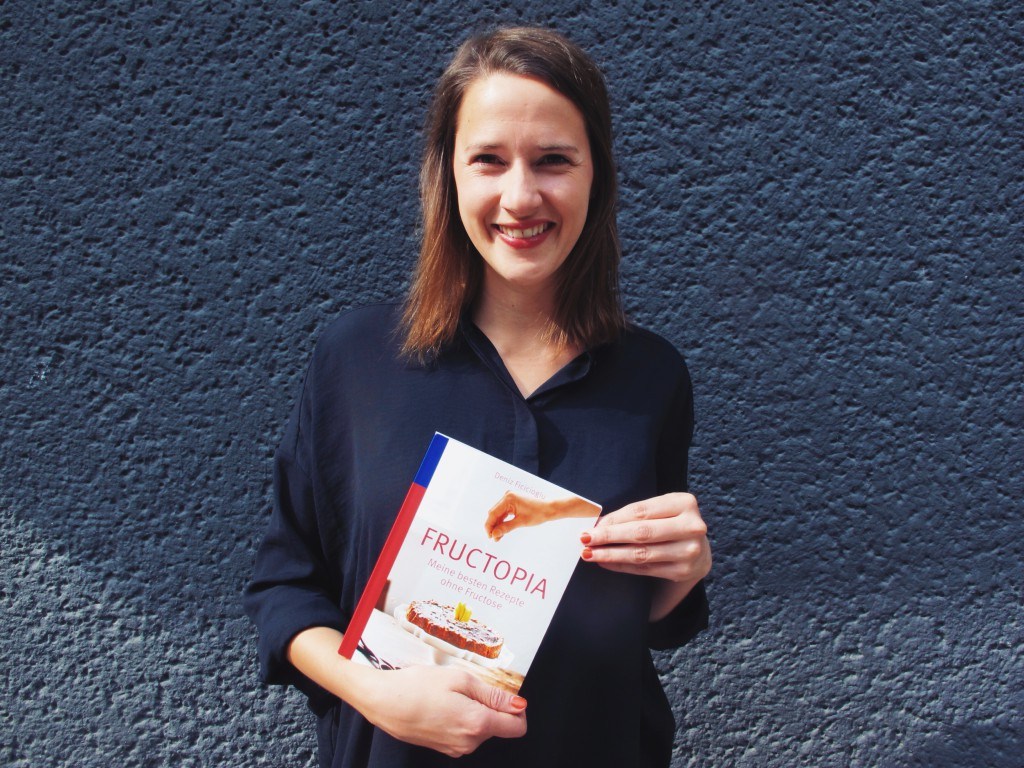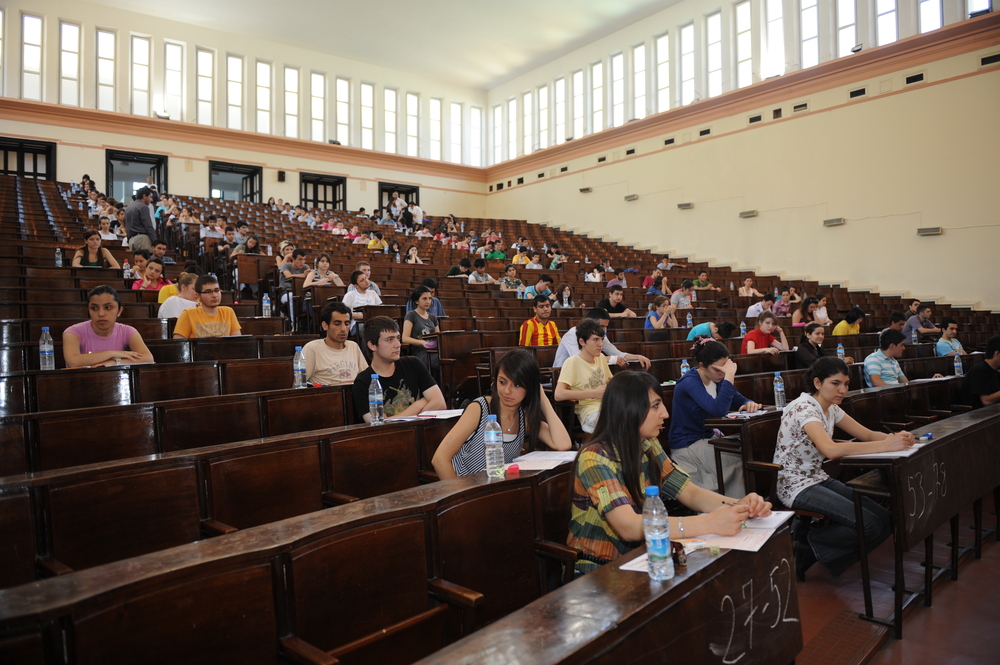Again and again this evening quaint scenes from Turkish films and music videos of the 60s, 70s and 80s are flickering across the fabric of the big screen. On the tables there are plenty of rakı-filled glasses accompanied by meze, traditional Turkish side dishes. And the guests are trying to mimic phrases from the German Turkish youth slang commonly heard on the streets of Berlin Neukölln. Oblivious to what awaits us, we visited the sixth event of »Turkish for Hipsters«. We spoke with Özgür Ulucan, who guided the guests throughout the evening.
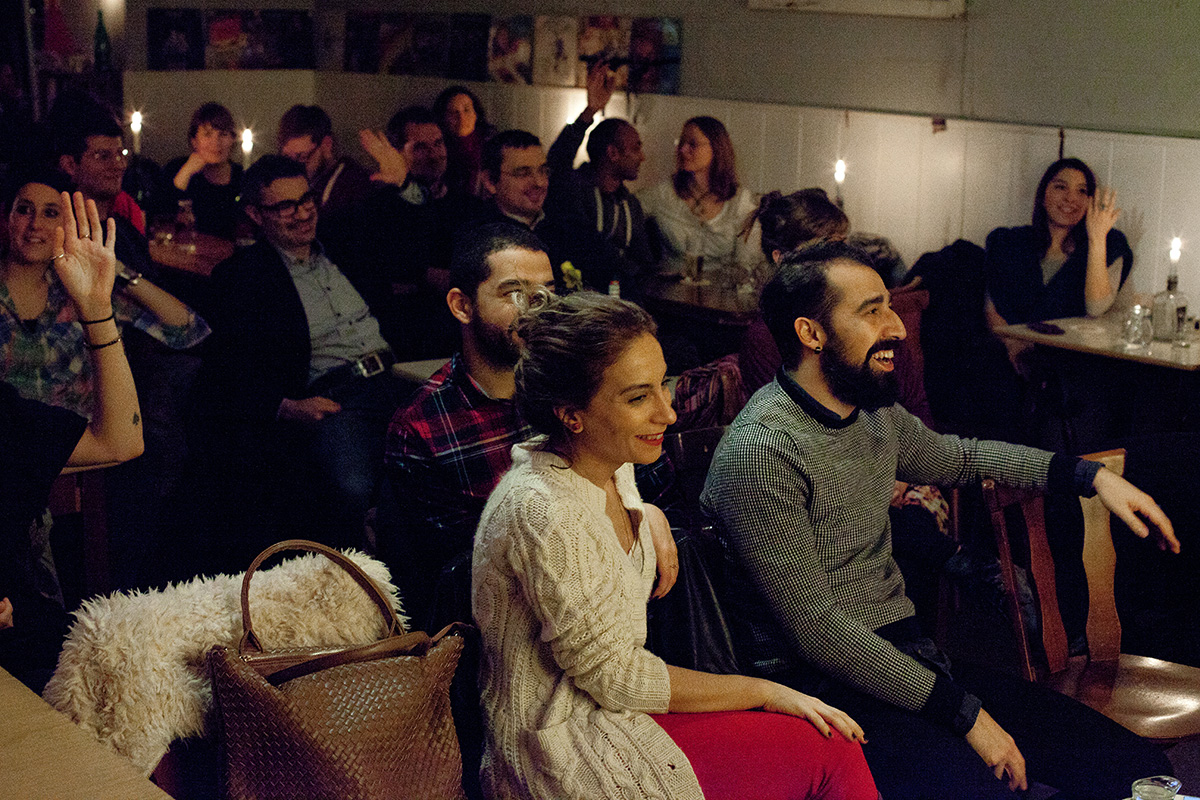
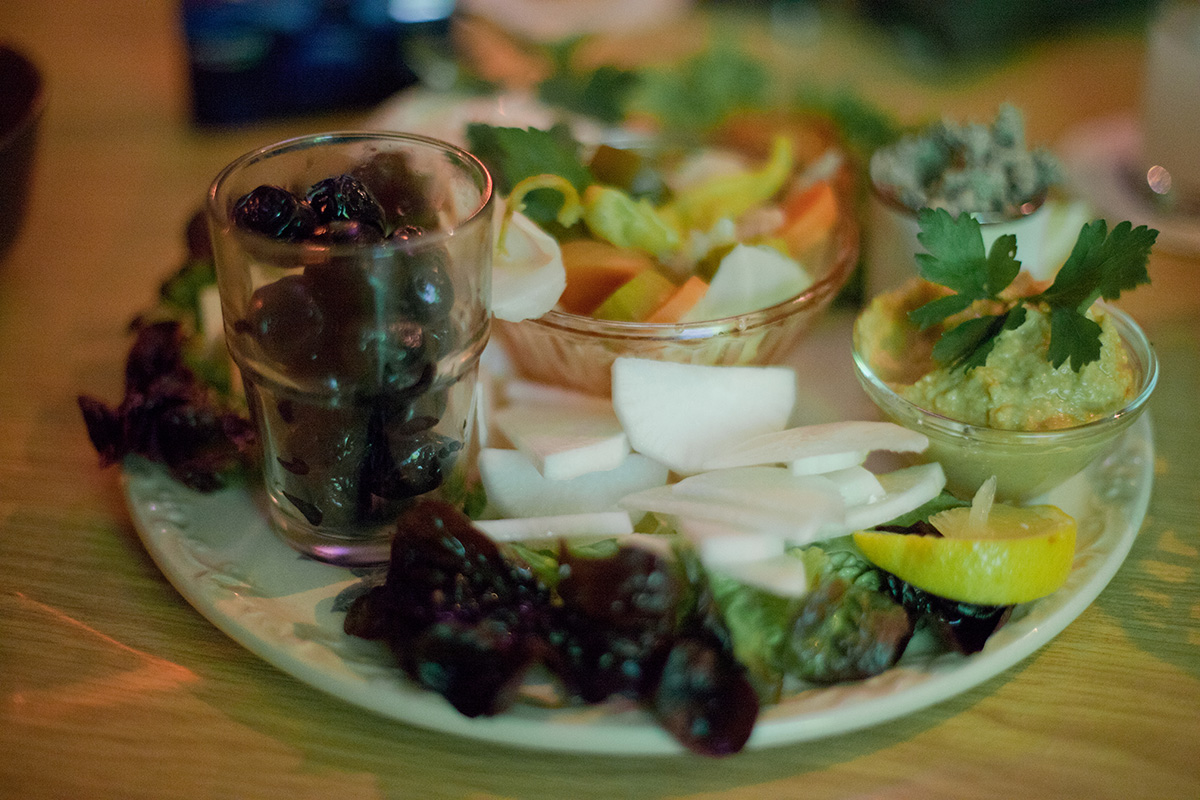
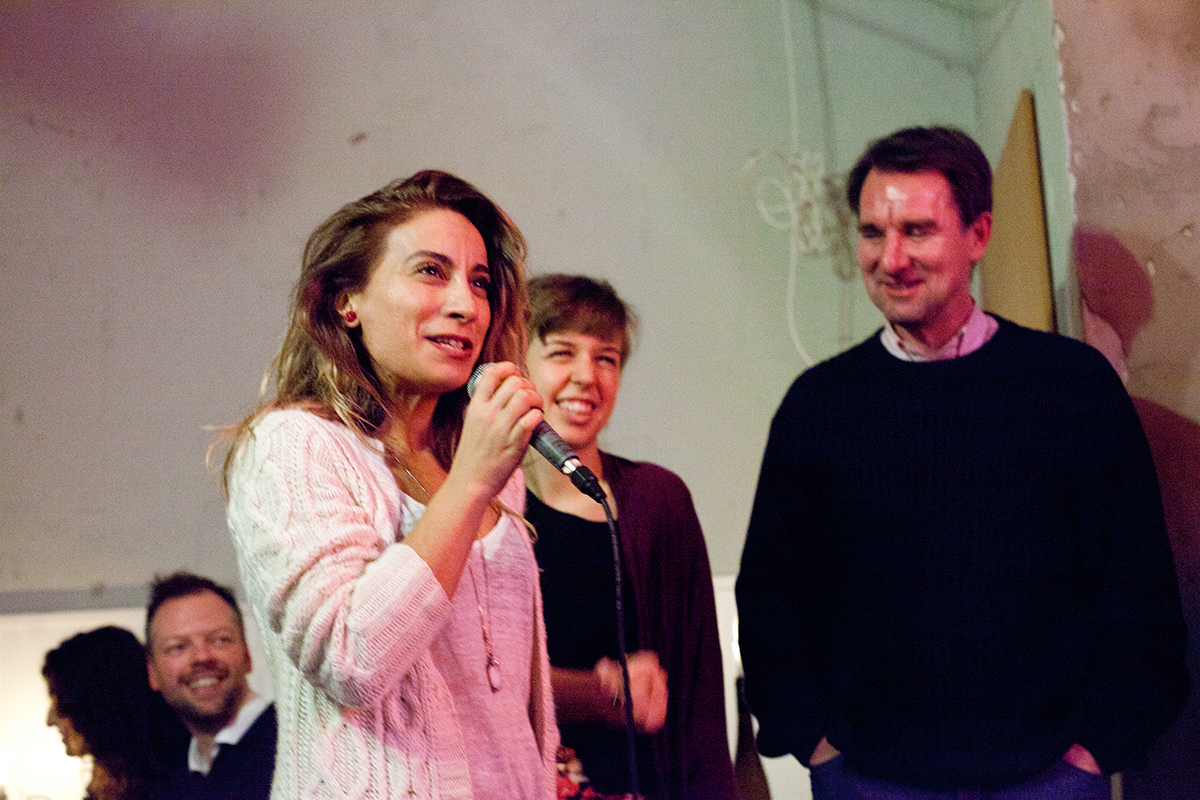
Özgür, could you briefly introduce yourself to the renk. readership?
I was born in Istanbul and grew up in Holland. I’ve been living in Berlin for a few years now. I actually studied social psychology and sociology, however, now I lead my own animations agency »Boogie & Burke«.
Luckily I still have enough free time on my hands to do other things, like »Turkish for Hipsters«.
What is »Turkish for Hipsters« all about and who attends your events?
»Turkish for Hipsters« began as a dinner party for my friends on my birthday back in 2013. I wanted to teach them a little Turkish – for example how you greet people and how to say goodbye, or things that you could say when shopping in a supermarket. I thought that it could benefit my German friends if they learned some Turkish vocabulary and got to know a bit about Turkish culture. That dinner party went so well that I organised the whole thing again for the friends of my friends. This is how it slowly grew bigger. Now I regularly get over 40 registrations. Nevertheless we try to keep it intimate and hold the events in cosy bars or cafés.
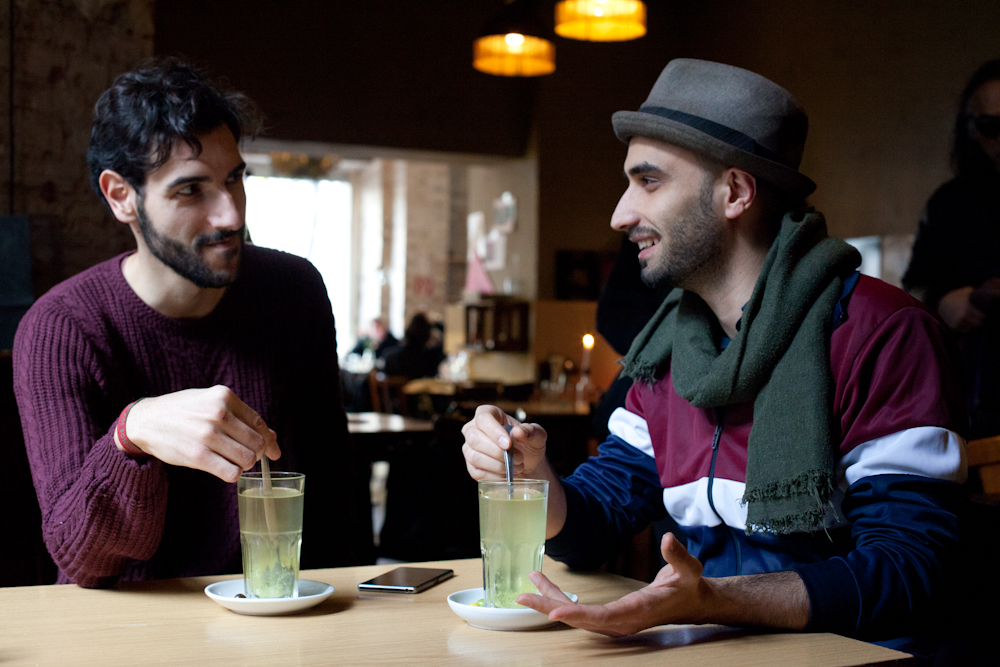
Why do you think it is important to help people, who otherwise would not have any relation to Turkish culture, get to know it better?
It’s mostly people who moved to Berlin from other parts of Germany or from different countries – new Berliners – sign up for the events. That’s why they’re held in English. My opinion is: If a new Berliner wants to become a real Berliner, they should take a look at Berlin from the Turkish point of view. In Berlin it makes sense to be a little Turkish… call it reverse integration. This seems to be an interesting experience to many – and they expressed, that they wish to learn more about Turks in Berlin. In Berlin there is this need, but oftentimes there is no entry point to the Turkish community or their culture.
Aside from the fact that one might not be so shy after having had some rakı. In the best scenario, what do participants pick up at »Turkish for Hipsters«?
Ultimately I hope that they can establish a positive relation to Turkish culture, Turkey, or the Turks living in Germany. I myself came to Berlin as a Dutchman and realised that one has to fight with many clichés. However, if you approach a topic with some sense of humour, dealing with the matter becomes much more honest and easygoing. If this gives us the chance to talk about the Turkish community in a more relaxed setting, then it is a beautiful thing. Here humour becomes an effective approach and a universal language that is understood by Berliners and non-Berliners alike.
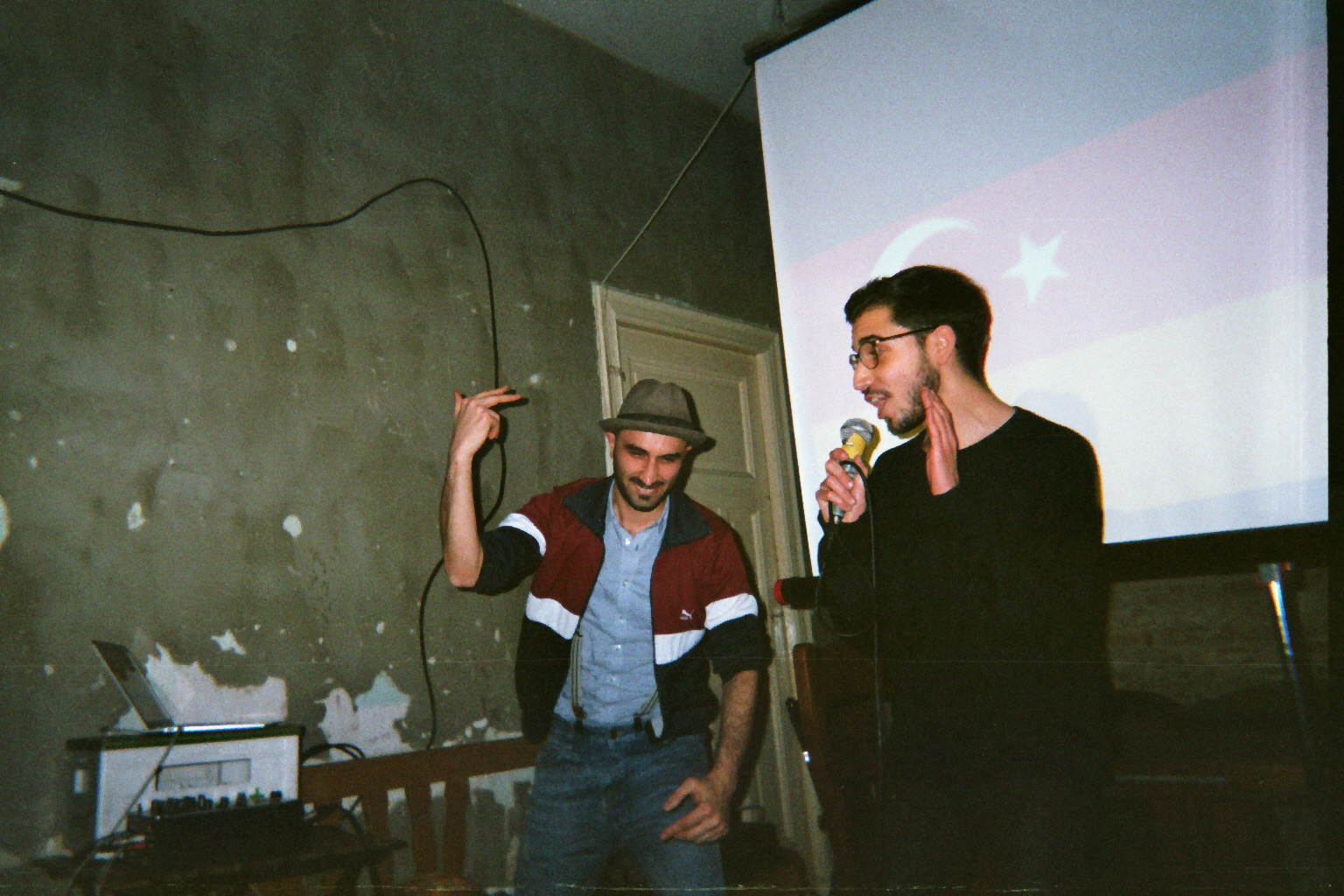
You sarcastically describe your event as the best re-integration course of the city. Who is supposed to be re-integrated into where?
It is a common demand that Turks should learn better German. However I believe that some Berliners would like to learn a bit of Turkish as well. Berlin is the biggest »Turkish City« outside of Turkey. That is why it makes sense to have some reverse integration. I think that integration is no one-way street: Steps should always be taken from both sides in order to meet in the middle.
You want your events to also focus on some less prominent aspects of Turkish culture. Could you name a few of these?
It started with a lot of music and Yeşilçam films. (Yeşilçam describes the Turkish film industry of the 1960s to 80s – ed.) Both are often surprising to our participants, because they do not expect this kind of music or film from Turkey. Even though the Turkish culture industry spawned so many interesting personalities like Barış Manço, Bülent Ersoy, Zeki Müren and others – nowadays nobody remembers them anymore. The Yeşilçam Sokağı in Istanbul was a street with film studios that at some point produced over 360 films per year between the 60s and into the 80s. There are actors and actresses from that period, who might have starred in over 3000 of the rapidly produced films. Actually, the Turkish film industry back then was based on putting out films that basically were copies of American Hollywood movies. We also play games during our events – like the »Deadly Döner Disco Drama« or »Rakı Death Match«.
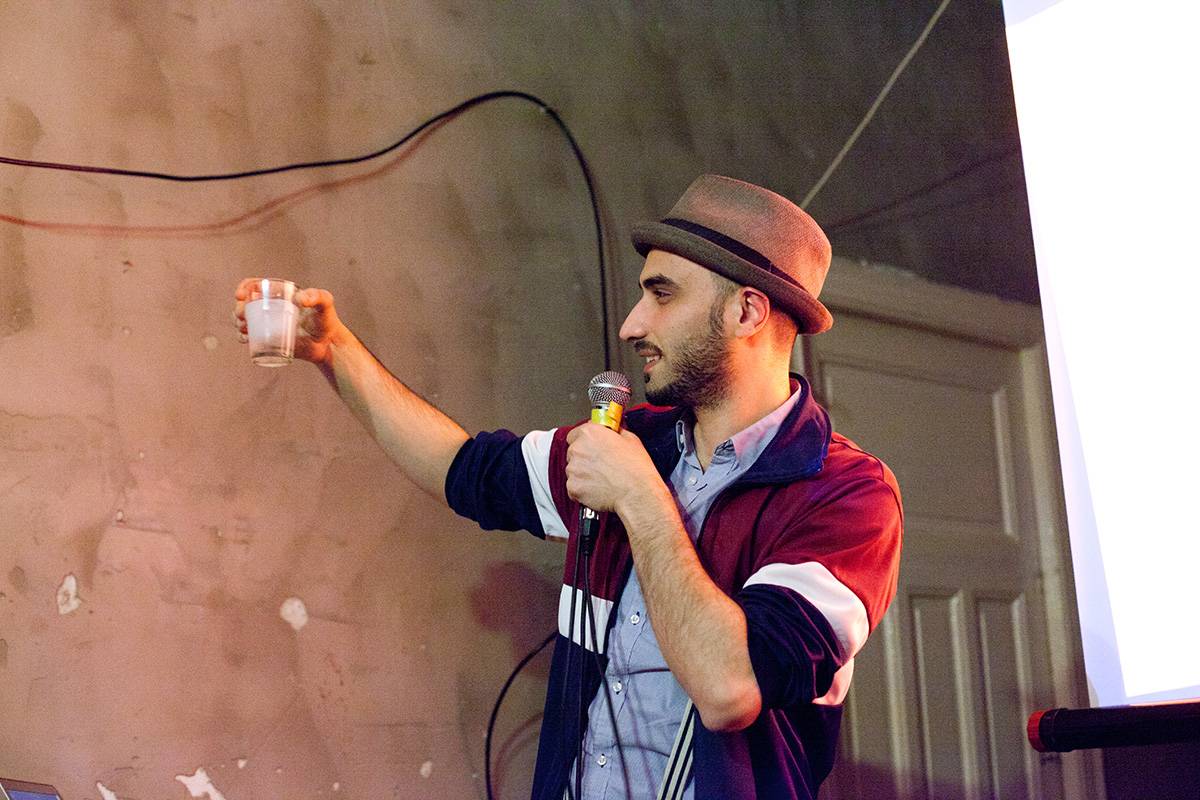
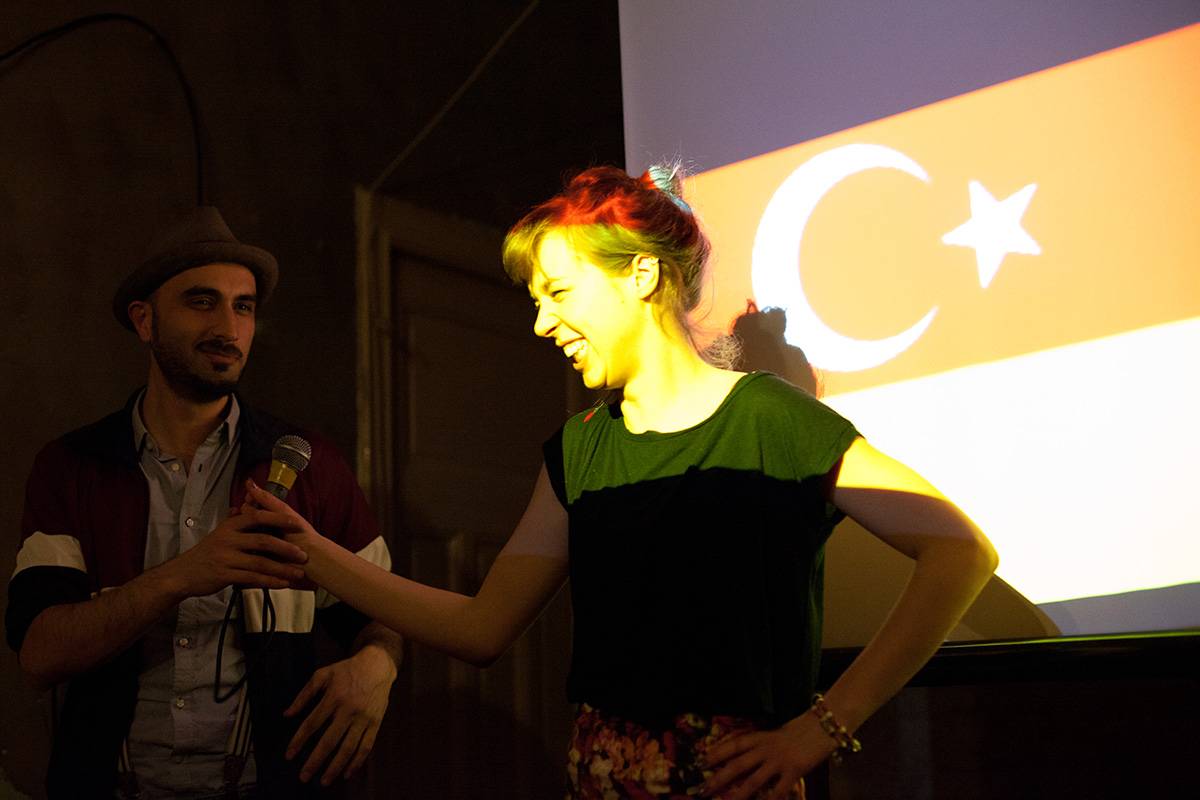
One last question to wrap it up: is »Turkish for Hipsters« really just for hipsters?
You shouldn’t take that title too seriously. The event could just as well have been named »Turkish for Dummies« but that would’ve sounded pejorative. My guests understand it as sarcasm anyways. One odd effect is that so far, the real hipsters have stayed away. That was not my intention, but it isn’t a bad thing either – the audience so far was just perfect.
»Turkish for Hipsters« (link to their Facebook) is held at least twice every month in different locations in Berlin Neukölln, Kreuzberg or Wedding.
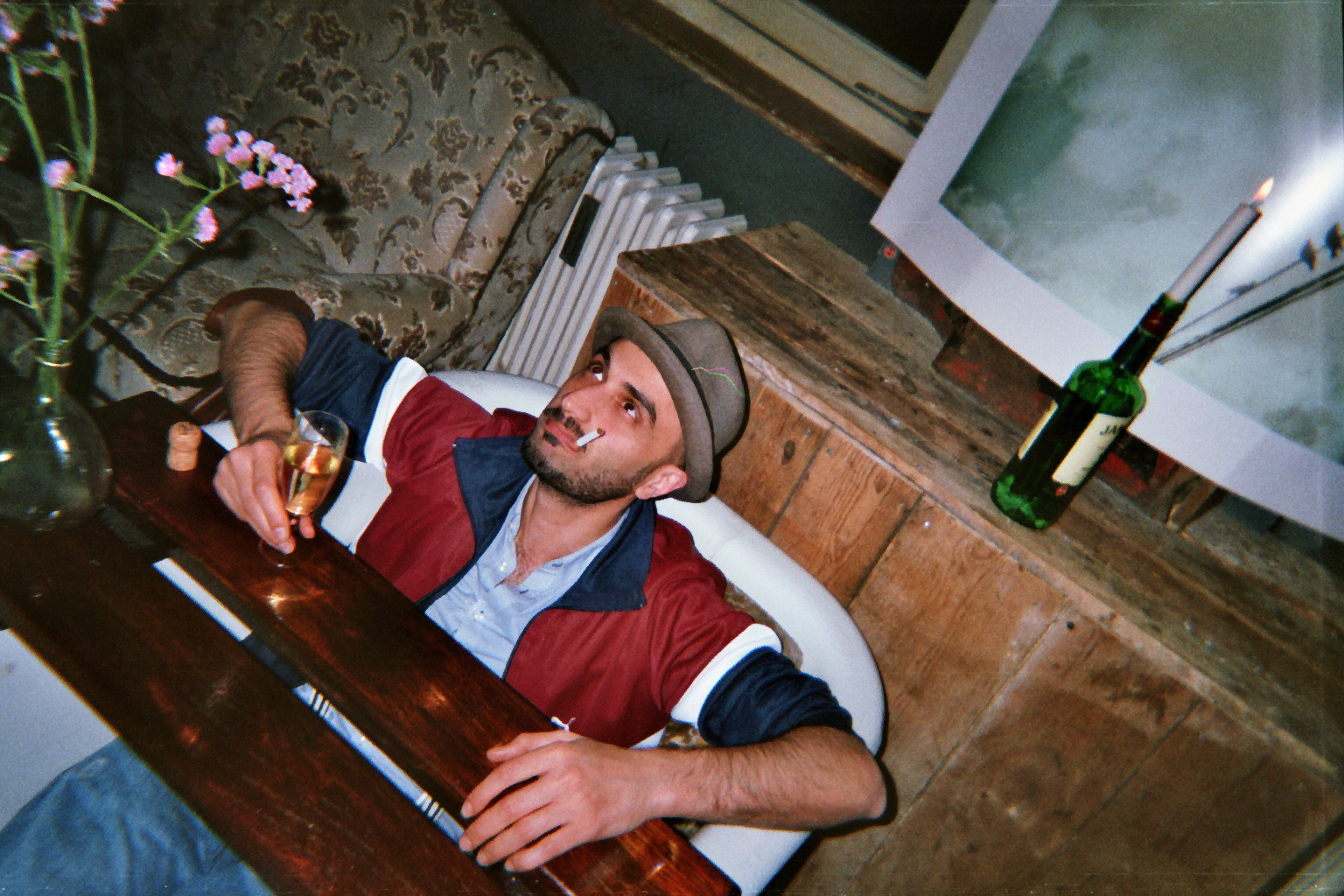
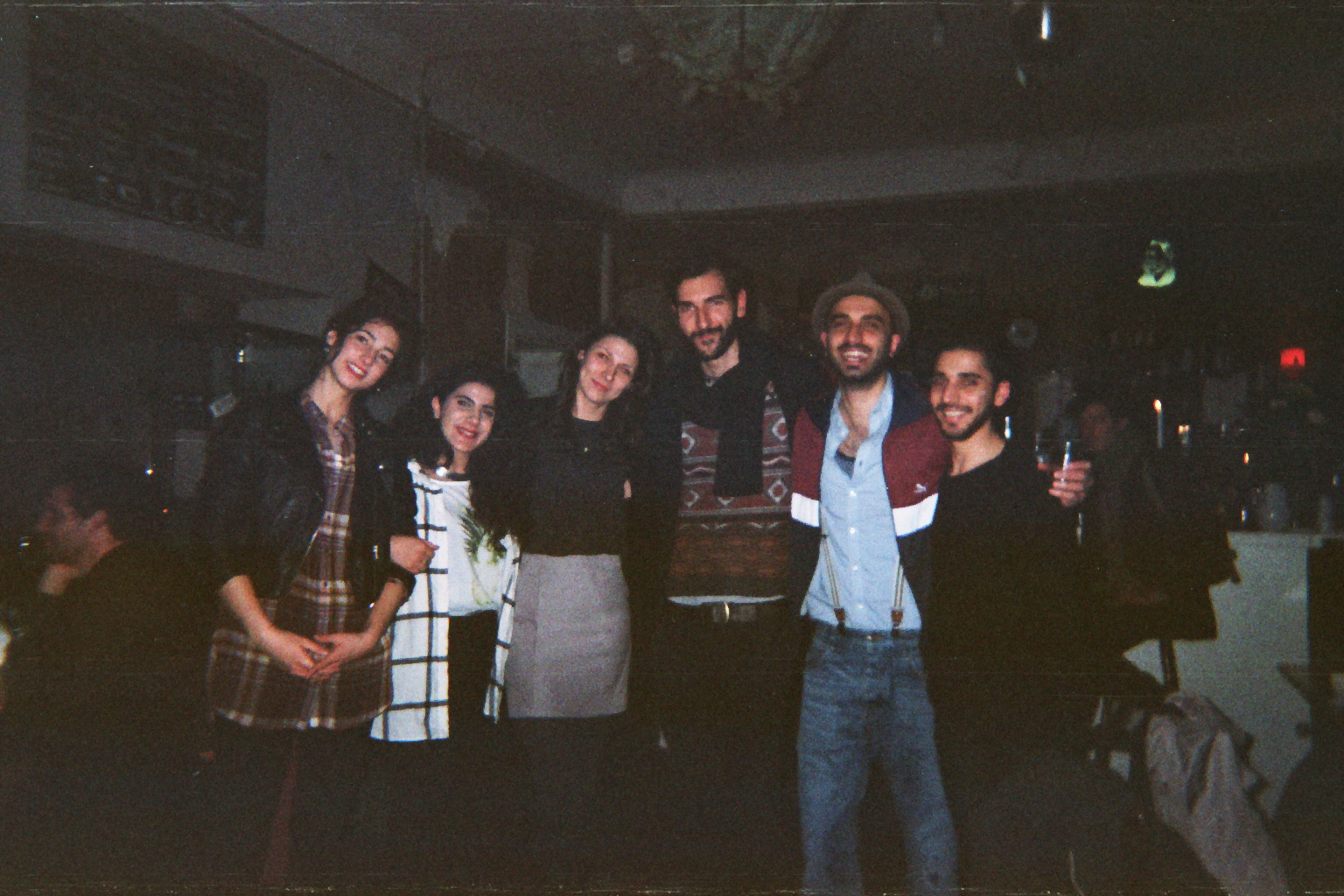
Übersetzung: Christoph Göller
